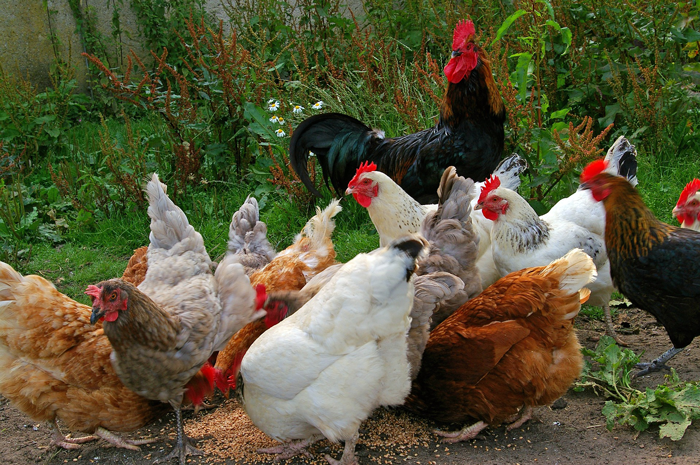Rules and regulations for poultry farms can vary depending on the location, but here are some common regulations that may apply:
- Permits and licenses: Depending on the size and scope of your poultry farm, you may be required to obtain permits and licenses from local and state agencies. These may include environmental permits, animal welfare permits, and business licenses.
- Biosecurity: To prevent the spread of disease among chickens, poultry farms are often subject to biosecurity regulations. These may include requirements for quarantine, disinfection, and pest control.
- Animal welfare: Poultry farms must adhere to animal welfare regulations, which may specify minimum space requirements, temperature controls, and access to food and water.
- Waste management: Poultry farms generate a significant amount of waste, and regulations may require specific methods for waste disposal or manure management.
- Worker safety: Poultry farms may be subject to worker safety regulations, which may include requirements for personal protective equipment, training, and emergency response plans.
- Food safety: If you are producing eggs or meat for human consumption, you will need to comply with food safety regulations. This may include requirements for testing, labeling, and transportation.
It’s important to do your research and ensure you are in compliance with all relevant rules and regulations.
Contact your local government agencies or agricultural extension offices for more information on regulations specific to your area.

